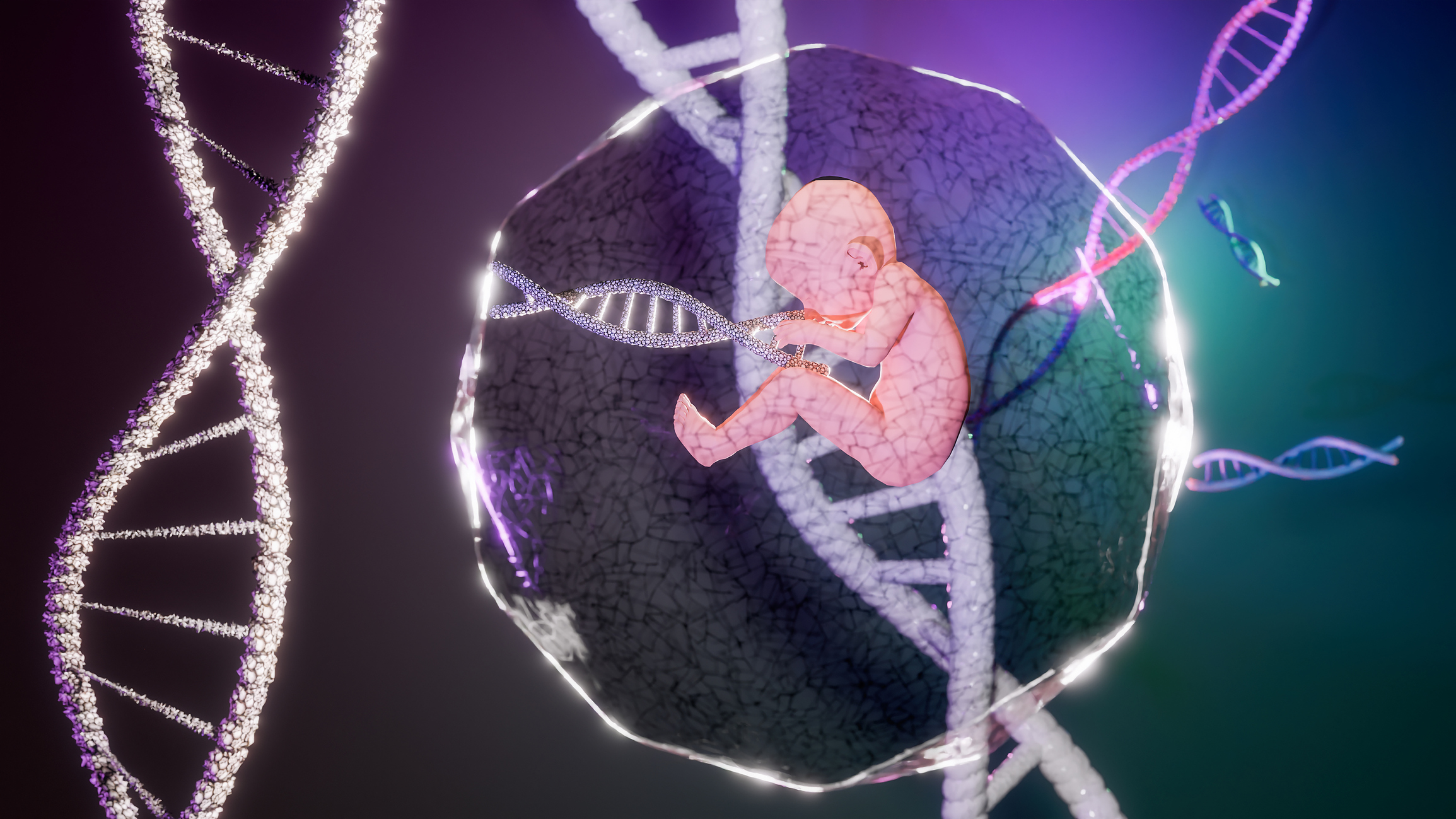Atopic dermatitis is the most common chronic inflammatory skin disease in early childhood and is caused by a complex interaction of genetic and environmental factors. The quality of life of patients and their families is considerably impaired, mainly due to the unpleasant itching, restrictions in everyday activities, insomnia and the disfiguring, highly inflammatory skin changes. In addition, increased risks of autoimmune diseases have been described. Provocation factors, clinic, therapy and preventive measures are presented.
Autoren
- Prof. Dr. med. Regina Fölster-Holst
Publikation
- DERMATOLOGIE PRAXIS
Related Topics
You May Also Like
- Migraine
Fremanezumab for comorbid migraine and depression
- Case study
Moyamoya disease in a 23-year-old female patient
- Dapagliflozin for T2D and heart failure
Epicardial fat reduced in patients with type 2 diabetes and HF
- A hub of biological aging
Mitochondrial dysfunction and energy metabolism
- Health Literacy
Promoting health literacy: from the abstract to the concrete level
- Pharmacological therapy
Anxiety symptoms in eating disorders
- Case study
Wiedemann-Steiner syndrome in a 2-year-old girl
- Evidence, limitations and practical implications











